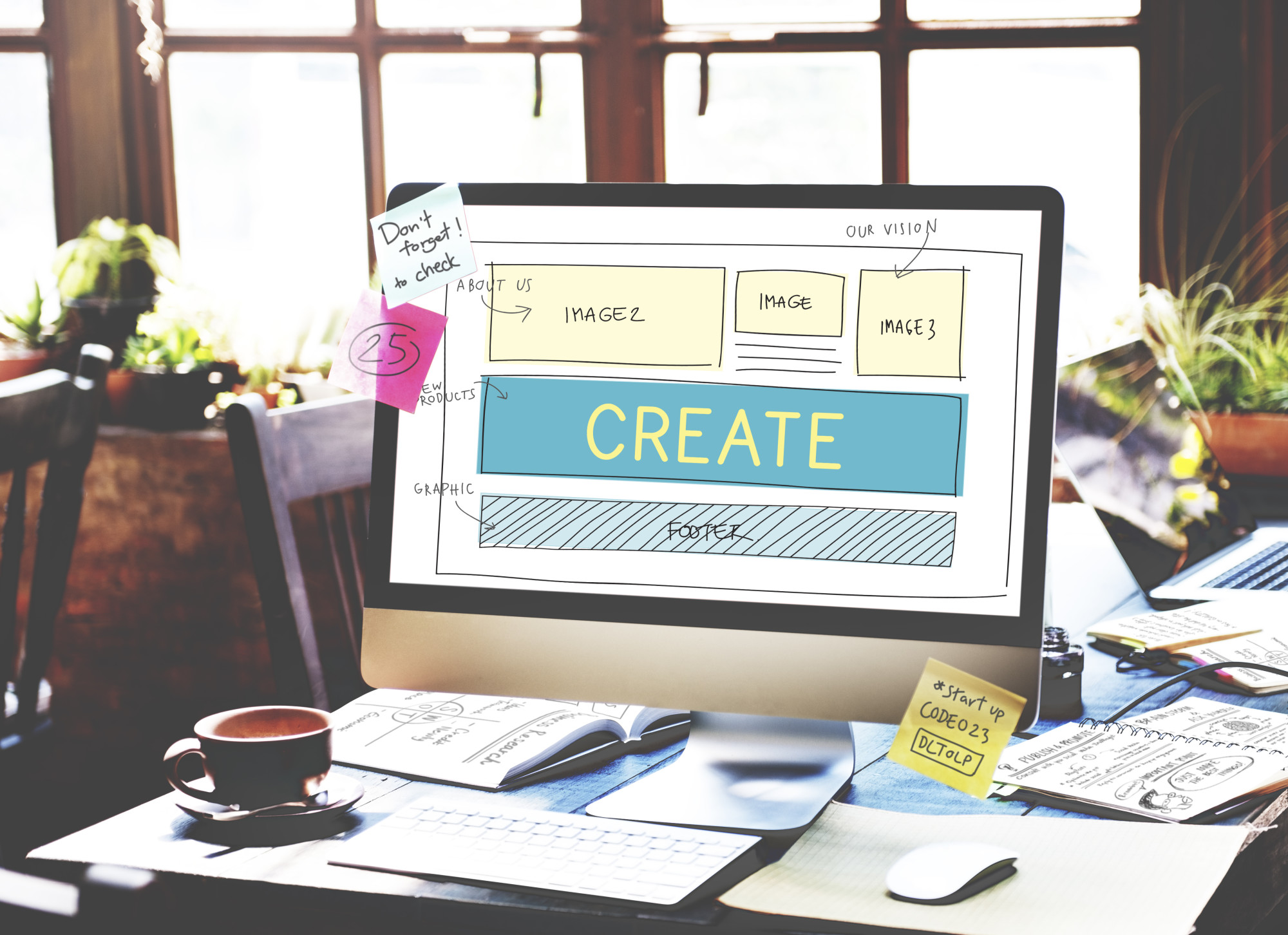The Google recommended page load time for your website is just under three seconds. But, chances are that your website isn’t measuring up, as the same study referenced above found that about 70% of all the pages and sites on the Internet take an astounding 7 seconds to load completely.
We know what you’re thinking.
If this is the case, then why should your website page speed matter? After all, people clearly aren’t expecting pages to load quickly, right?
Wrong.
In fact, if your website takes more than three seconds to load, you’ll lose more than half of your traffic.
Still need help understanding why a fast loading website matters? Keep on reading this post to learn more about why it does.
1. You’ll Rank Lower in Search Engine Results
What is one of the most important reasons why you need to take site speed seriously? Because a slow loading time will impact where you land when it comes to ranking in search engine result pages.
This is Google and other search engines actively penalizing websites with a shorter average dwell time — or the average amount of time that users spend on your website.
Of course, if your site takes more than a few seconds to load, people are likely just going to close out their web browsers and move on.
Search engines will take note of this. They’ll understand this to mean that your website isn’t helpful to Internet users, so they’ll push you behind websites that they feel are better than yours — or even just that load more quickly.
2. You’ll Miss out on a Large Portion of Your Market
You likely already know that more people now use their mobile phones to get online than they do desktop computers or even laptops. So, if you don’t consider how quickly your site is loading when it comes to mobile users, you’ll actually end up missing out entirely on the biggest portion of your market.
There’s absolutely no way that’s not going to impact your bottom line. In fact, it could even put you out of business altogether.
3. Your Speedier Competitors Will Outrank You
If your website takes a while to load, we can pretty much guarantee that your competitors who take site speed more seriously than you do will outrank you.
They could even push you off the first page of search engine results, which would be disastrous. After all, the majority of website users don’t bother to check past the first page of results.
Additionally, remember that the quality of your content or your products doesn’t matter to search engines. What if you know that your blog posts are more informative and that your products are much more effective than those of your competitors? Search engines don’t know or care — instead, they’re focusing on who delivers those results the fastest.
4. Shoppers Aren’t Likely to Return
Believe it or not, your overall website page speed truly does impact not only your market’s perception of your brand but also whether or not they’ll revisit your page in the future.
In fact, studies show that sites with lower than the Google recommended page load time experience an over 15% drop in customer satisfaction rates.
What’s even worse?
Additional studies show that you can expect a shocking 7% drop in your overall level of conversions. Plus, shoppers are highly likely to head to your social media page or third-party review listings and complain about how slow your loading time is.
What happens when other potential shoppers spot issues like this? They’ll likely choose not to shop with you — especially if you’ve clearly been made aware of the issue, but aren’t doing anything to address it.
How to Fix Your Website Page Speed
Now that we’ve sufficiently scared you into taking your website page speed seriously, let’s talk about what you can do to speed things up a bit.
First of all, use tools like this one to run a page speed test.
Next, if you want to learn how to increase website speed on WordPress sites, start by cutting out unnecessary plugins.
While we know that you can’t live without some of them, ask yourself whether or not you truly need all of them. Chances are, lots of them end up measuring the same analytics or doing similar things for your site.
Additionally, get rid of automatically loading videos and pesky pop-up ads. Enable your browser caching, so that returning visitors to your site can enjoy an even speedier loading time. Then, make sure you’re using HTTPS browsers, and resize your images — especially on mobile devices.
These changes, as you can see, aren’t overly complicated, but they’ll make a huge difference in how quickly things load.
Need Help Boosting Your Website Page Speed?
We hope that this post has helped you to understand more about why your website page speed is unquestionably something that you need to take seriously. Remember that slow loading times don’t just cost you money and conversions. They also seriously impact how customers feel about your brand and the level of customer service you have to offer.
Take the steps outlined in this post to ensure that you don’t get left behind.
Looking for more tips on how to get a faster loading time? Need the right tools to get the job done?
We can help you with that.
Be sure to check out our site for more tips and tricks that will leave the competition in the dust, and keep your customers happy in the process.




